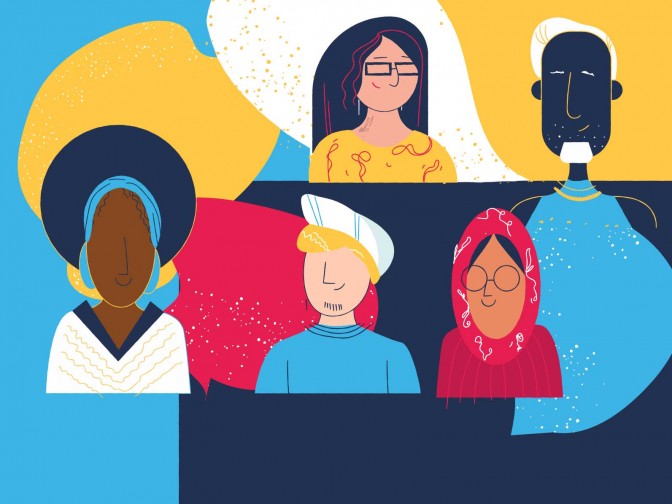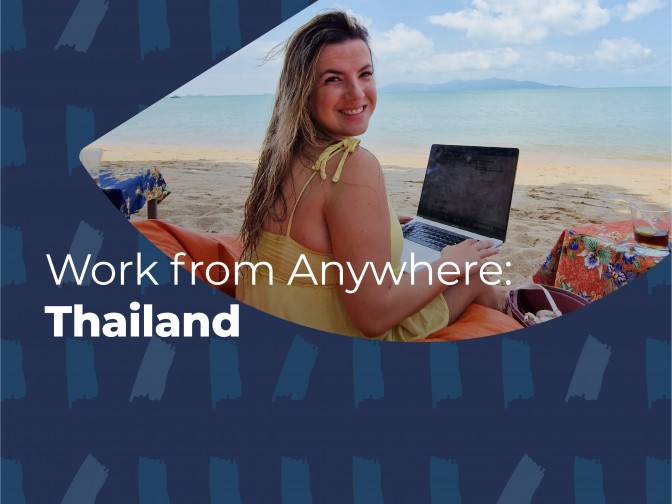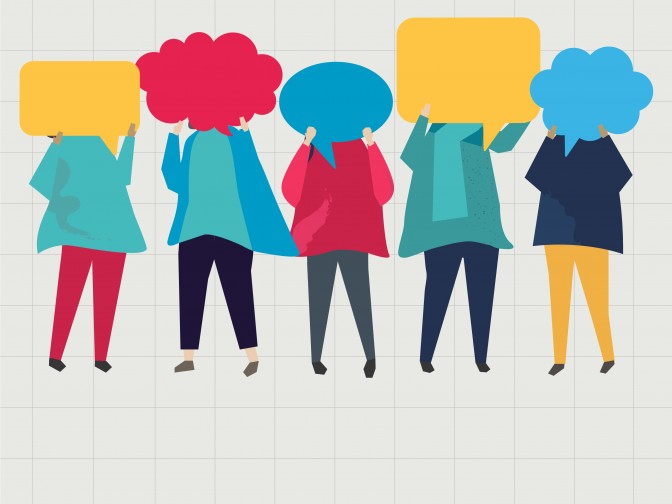As a Talent Acquisition leader, I often challenge the way the companies attract, interview and engage with their potential employees. The discussion on the best practices to build an inclusive culture where everyone feels welcome starts with gathering feedback throughout the different stages of employee onboarding.
It starts with building a robust, high-level process, which allows you to be structured and creative at the same time. Actually, it starts even earlier, with data analysis and designing initiatives to measure the impact of your efforts. Having a clear purpose in doing that will help you decide where you need to strengthen your energies.
The process starts with people, and when your company grows by 25-30% you need to make sure that you focus on the skills, behaviours and values of the candidate instead of your own biases in the selection process. This is why offering unconscious bias training to the whole hiring team is especially crucial. Once the bias is conscious, you can take specific actions to work on the structure of the interview and provide insightful feedback using considered communication and neutral language.
Making sure that your job descriptions are inclusive and free of bias of any kind (we may even forget that not everyone understands corporate jargon), you can be a more attractive employer to diverse talent.
This alone however is not enough, and I would like to summarise the different actions that we at The Workshop are taking to include candidates from underrepresented backgrounds.
- In April 2021, my colleagues from the Talent Acquisition Team: Elaine, Karolina and I were invited to speak at the International Women’s Day panel of European Google Developers Group. We focused on the most practical aspects of the recruitment process from three different perspectives: the candidate, the hiring manager/team and the recruiter.
We wanted to cast some light on best practice, empathise with all of the parties involved and eventually, challenge some harmful stereotypes within the industry. Our aim is to give candidates a better understanding of what should they expect from the comprehensive talent acquisition process. We tackled the systemic issues of underrepresentation from certain groups; impostor syndrome and how COVID-19 has changed the global workforce. From the uncertainty and mass redundancies to creating new opportunities for more flexible conditions and new ways of working within the remote-first world.
- My colleague Gabriel along with some of our software engineers gave a talk to the recent graduates from the Fundacion Inserta, who organised a 1-year functional programming course for young talent with disabilities through their Por Talento initiative.
- We also promote all new roles based in Spain through DisJob – a platform focused on differently abled candidates. In the UK, we have been collaborating with the National Autistic Society who offer comprehensive training to the hiring teams through lightning talks aimed at employers and offering career placements for autistic talent. You can have a look at their website to check out our recent vacancies through their Autism at Work Programme.
- As part of our ongoing commitment to inclusivity we have partnered with the BYP Network in the UK, to highlight our job openings and participate in their Global Ambassador Programme which we hope will be expanding into Spain. The death of George Floyd, as well as the Black Lives Matter movement, sparked a lot of discussion and empathetic reply at The Workshop, keeping the conversation open and reinforcing our commitment against the discrimination of any kind.
This is just a small snapshot of some of the initiatives that we are working on and we know that we all need to do more to address the balance. Working towards belonging, inclusion and diversity is not a tick box exercise, but one that grows, develops and changes with the world around us.
Alongside current initiatives, we need to be thinking about future generations and supporting internship opportunities within underrepresented communities allocating funds to educational and mentoring projects as well as educating leaders and employees on the topic. This is so much more than talent acquisition; this is talent attraction, development and strategy.



